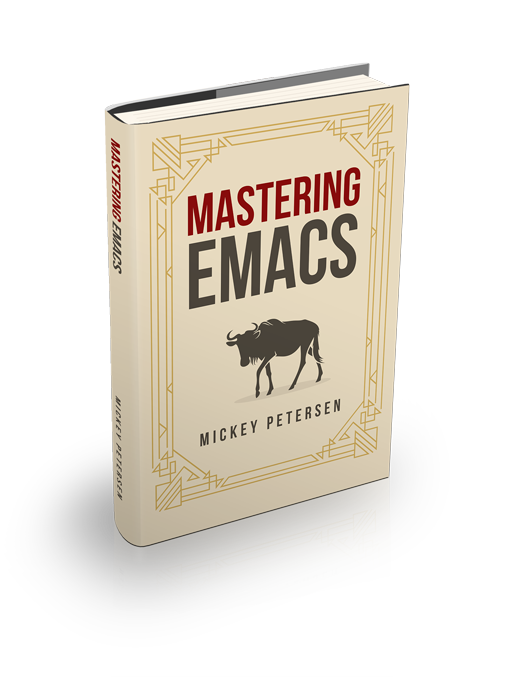I bet the majority of files you edit on a day-to-day basis are the same ones over, and over again. For that reason I recommend you use Emacs’s recentf package, it is a great – and very sophisticated, like all things Emacs – utility that keeps track of recently used files.
I supercharge recentf by adding Ido mode support (if you don’t know what Ido is, read Introduction to IDO Mode); and by overriding C-x C-r, bound to find-file-read-only, a useless feature I never use.
NOTE: If you’re using newer versions of Emacs you may find that you prefer the default completer you use. That is doubly true if you’re using M-x fido-mode as it supercedes IDO mode in many respects. I’ve written extensively about Understanding Minibuffer Completion, so if you’re interested in knowing more about completion mechanisms in Emacs, that’s a good place to start.
Note that unlike find-file I’ve opted to display the entire filepath in Ido’s completion engine as I often find that a directory or remote host is the only disambiguator if there are multiple files with the same name.
Here’s what you need to add to your init file:
(require 'recentf)
;; get rid of `find-file-read-only' and replace it with something
;; more useful.
(global-set-key (kbd "C-x C-r") 'ido-recentf-open)
;; enable recent files mode.
(recentf-mode t)
; 50 files ought to be enough.
(setq recentf-max-saved-items 50)
(defun ido-recentf-open ()
"Use `ido-completing-read' to \\[find-file] a recent file"
(interactive)
(if (find-file (ido-completing-read "Find recent file: " recentf-list))
(message "Opening file...")
(message "Aborting")))

